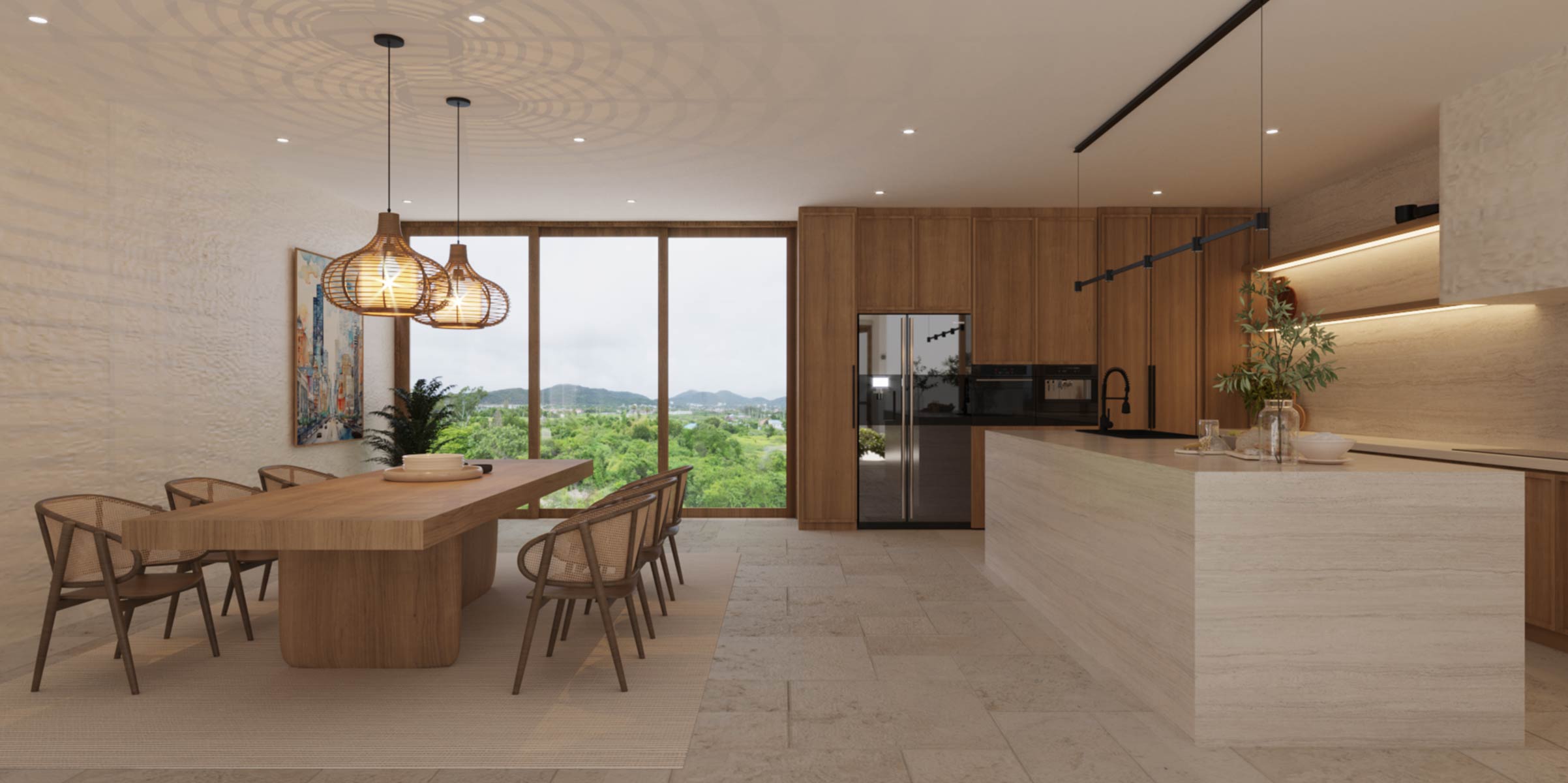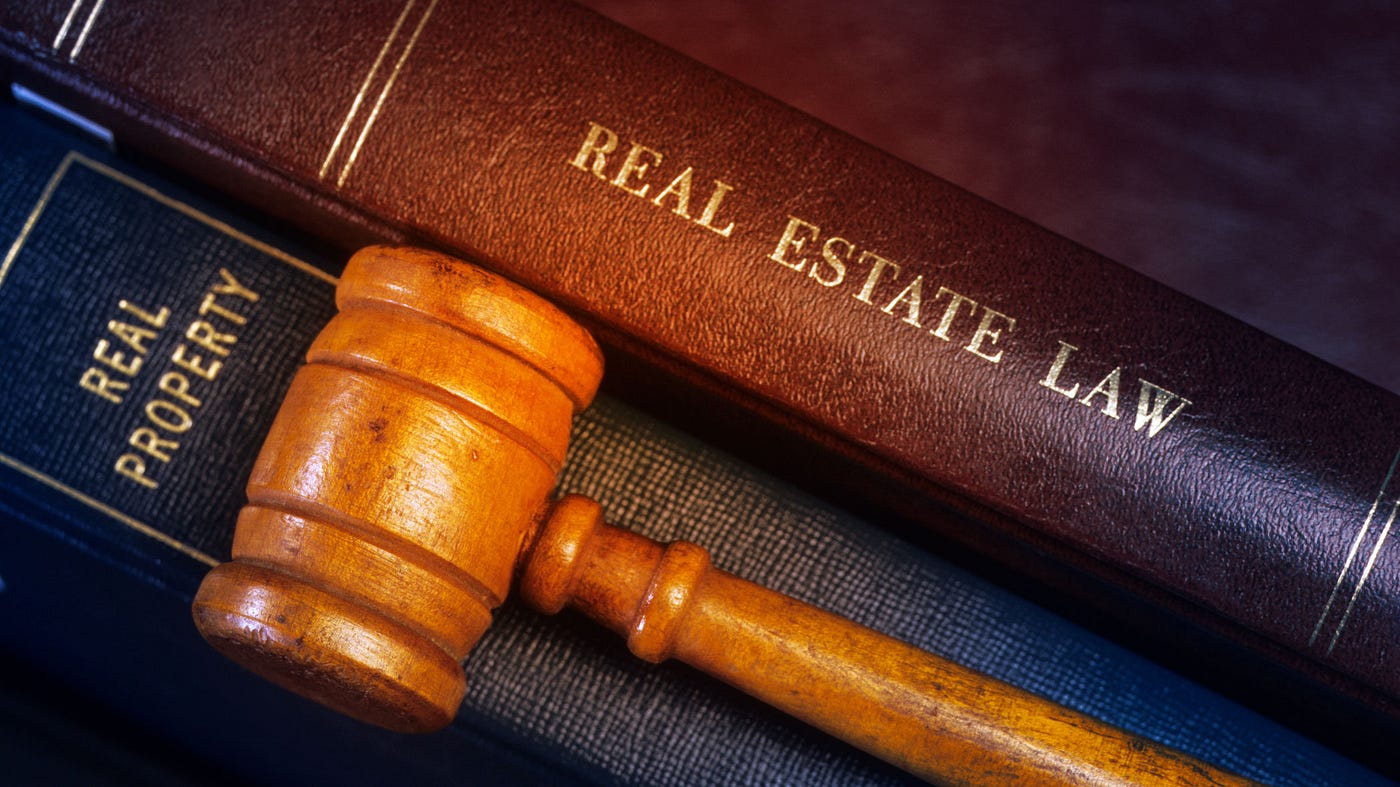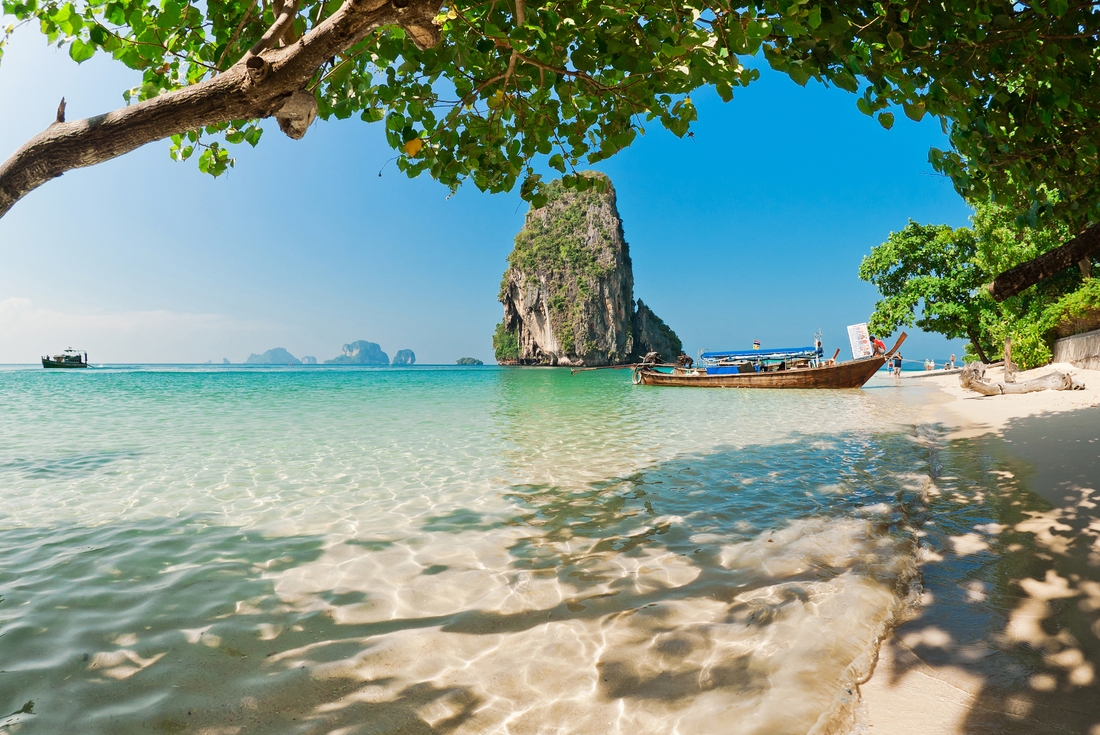Buying & Owning Luxury Properties In Thailand
Are you among those seeking to invest in sustainable luxury properties that prioritize environmental responsibility and modern living? Many have found Thailand to be an ideal location for their sustainable vacation homes, attracted by its stunning beaches, rich cultural heritage, and strategic role in global business networks. Whether you’re considering a beachfront property, an eco-friendly hillside sanctuary, or a modern urban retreat, Thailand offers unparalleled beauty and sustainable investment potential. Buying luxury properties in Thailand goes beyond aesthetics; it entails understanding legal requirements, tax implications, financing options, and ensuring a secure investment. Whether you’re drawn to Hua Hin’s dynamic urban scene, Phuket’s prestigious coastlines, or Chiang Mai’s cultural richness, knowledge of these essentials ensures a lasting investment in Thailand.
Legal Requirements for Foreigners Buying Property in Thailand
When buying luxury properties in Thailand, foreigners can own the property, but there are legal restrictions and requirements to navigate. Foreigners typically can purchase condominium units outright, while owning land is more restricted. Companies with majority Thai ownership or special arrangements like a leasehold are common strategies. Engaging a local lawyer is crucial to ensure compliance with Thai property laws.
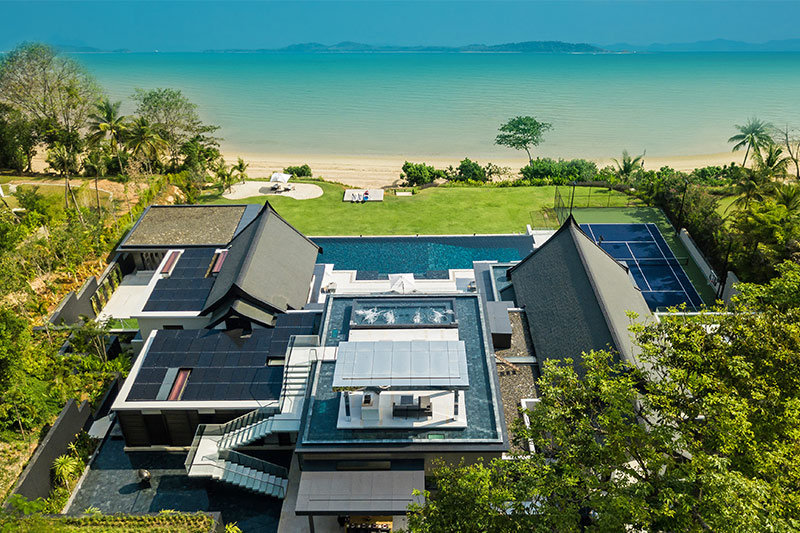
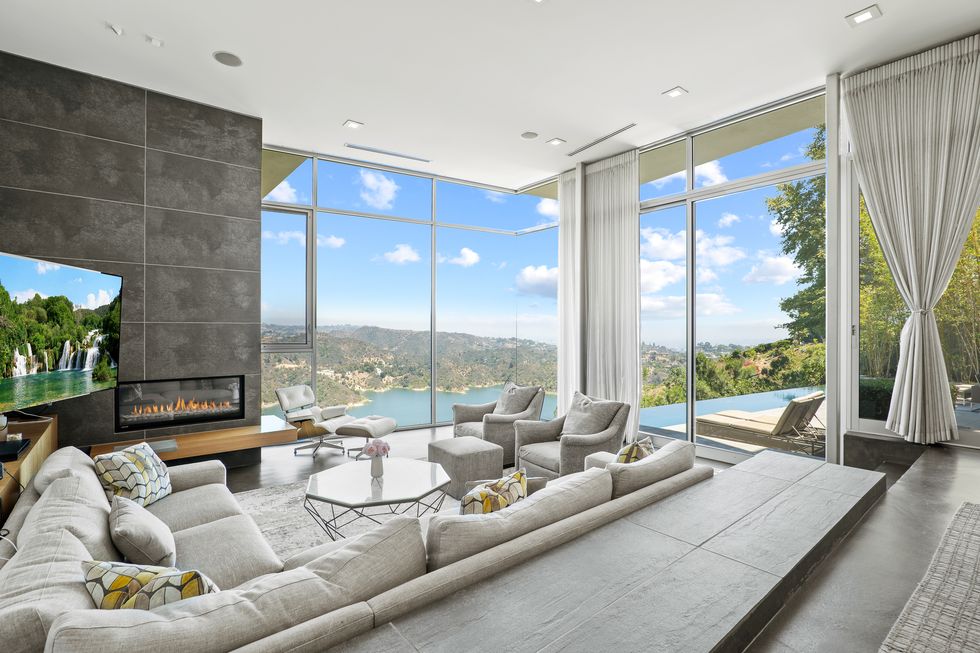
Restrictions on Foreign Ownership of Land in Thailand
Thai law restricts foreign ownership of land, but alternatives like leasehold agreements (up to 30 years, renewable) or setting up a Thai company are feasible. Understanding these options is essential to secure your investment legally and effectively when buying luxury properties.
Ensuring Legal Soundness of Your Property Purchase When Buying Luxury Properties In Thailand
Ensuring the legal soundness of your property purchase in Thailand involves several key steps:
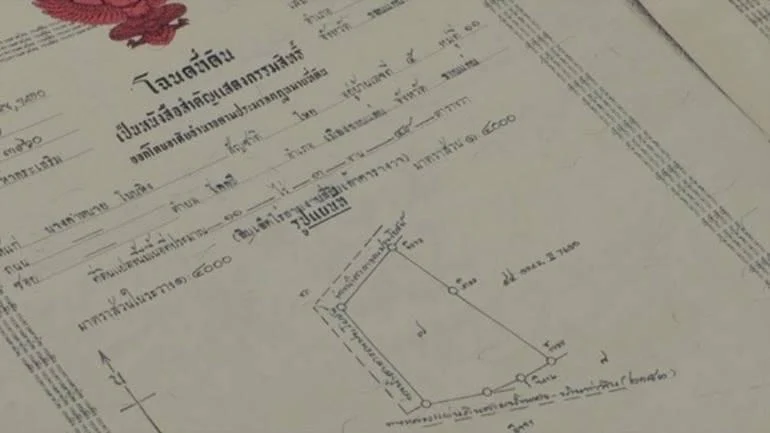
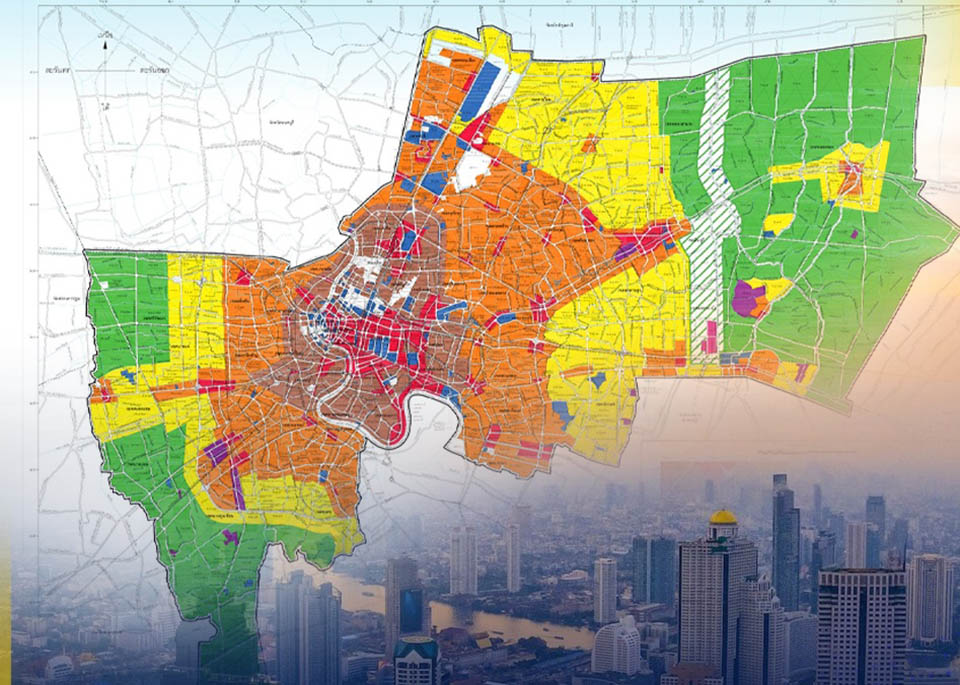
2. Land Zoning and Usage

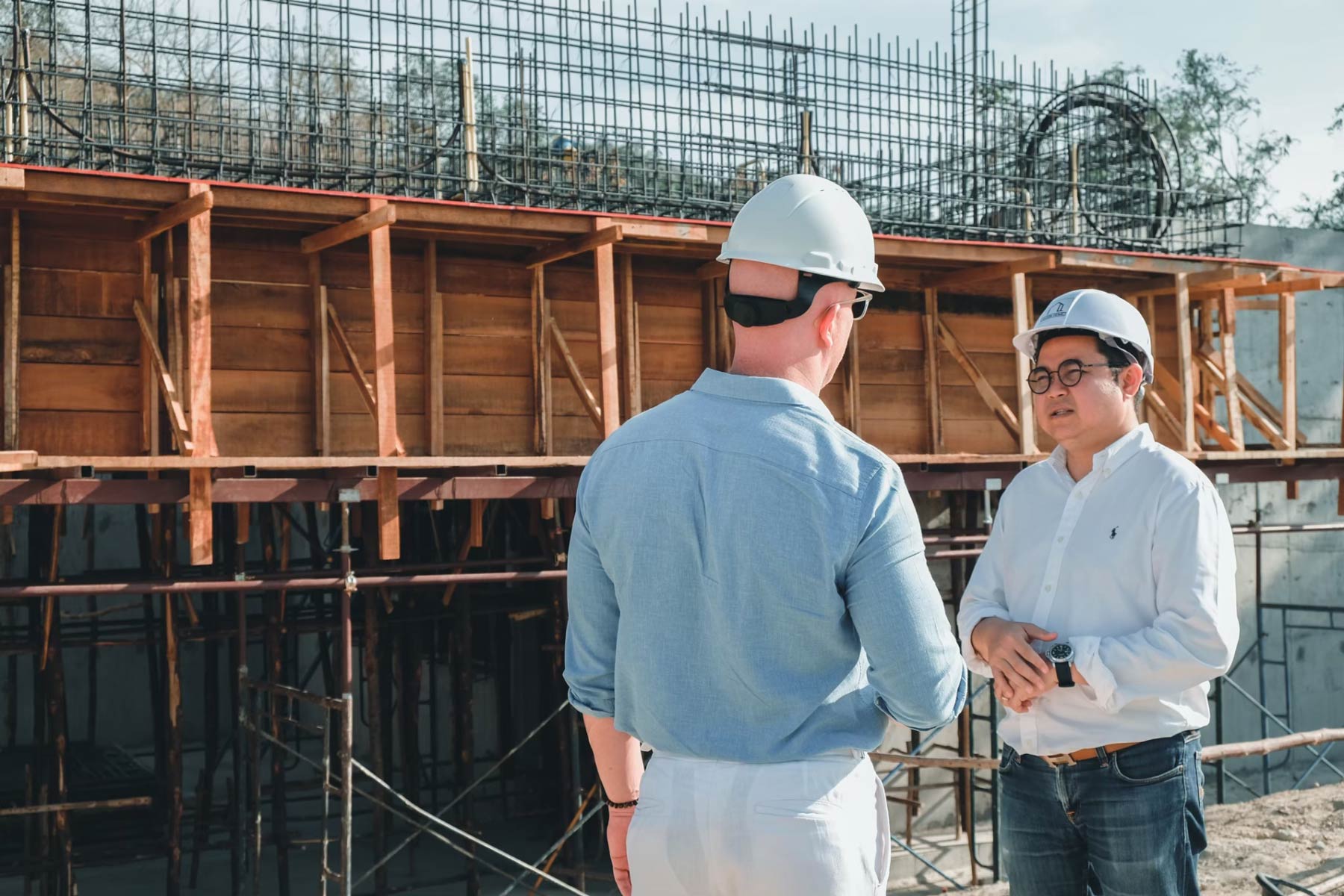
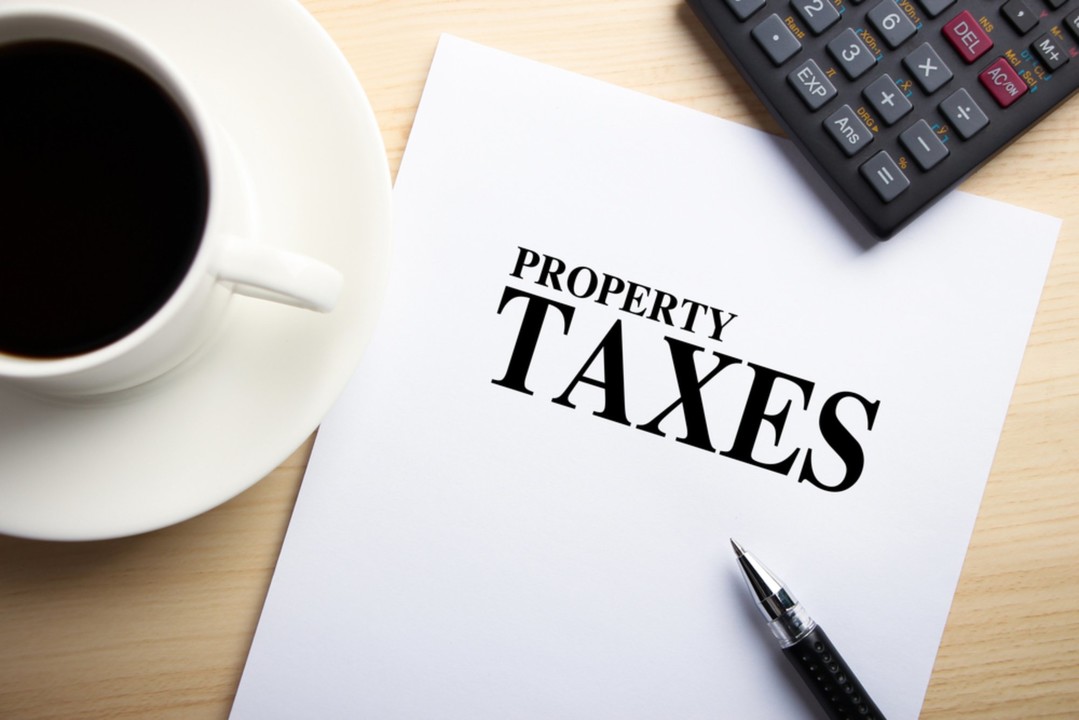
4. Tax and Fee Compliance
5. Legal Assistance
Seek legal advice and assistance from qualified professionals experienced in real estate transactions in Thailand, particularly those familiar with working with foreigners and fluent in English, when buying luxury properties in Thailand. These experts will guide you through the intricacies of property title deed verification, ensuring the authenticity of documents and protecting your interests throughout the transaction process.
Discover some of the top real estate law firms in Thailand here.

Tax Implications on Property Purchase in Thailand
1. Transfer Fees:
2. Stamp Duty:
3. Withholding Tax:
4. Special Business Tax (SBT):
5. Land and Building Tax:
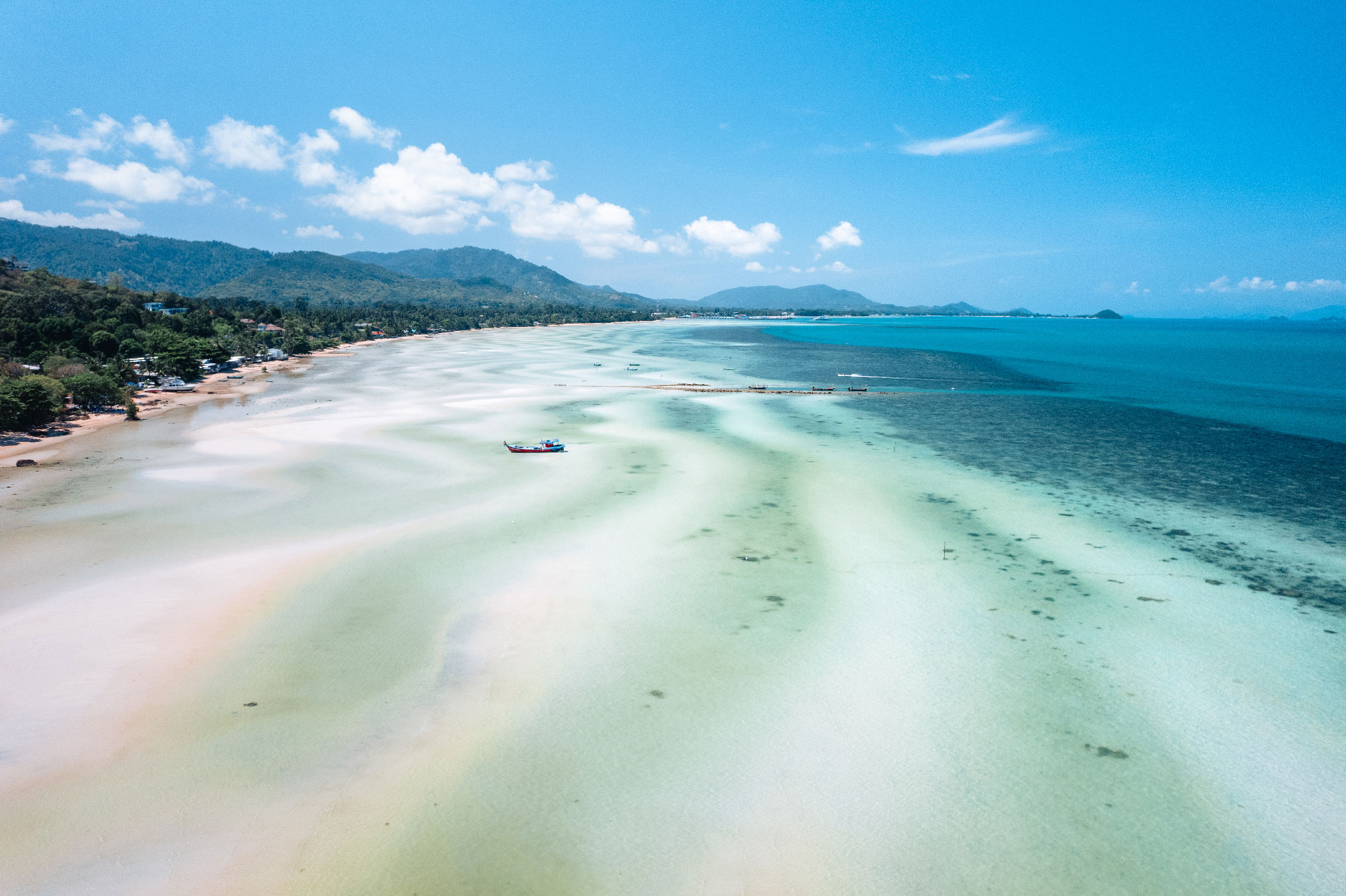
Financing a Luxury Property Purchase in Thailand as a Foreigner
Finding Reputable Real Estate Agents in Thailand
Choosing a reputable real estate agent is crucial for navigating Thailand’s property market. Look for agents with local expertise, a proven track record, and specialization in luxury properties. Seeking recommendations can help find a trustworthy partner. For information on the most efficient luxury realtors in Thailand, please check out this blog. Additionally, there are international luxury real estate agents operating in Thailand.
Residency Options Based on Property Ownership
